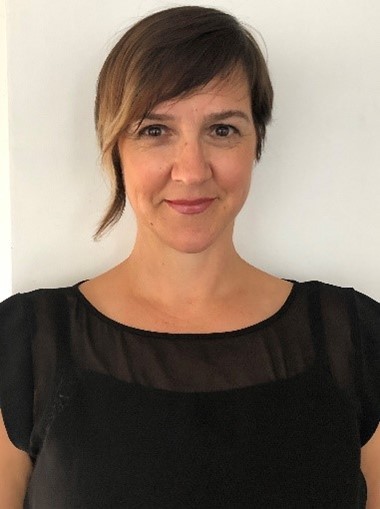 by Melanie Martin, Senior Delivery Manager (Innovation) & Digital Lead, Best MSK Health Programme, NHS England
by Melanie Martin, Senior Delivery Manager (Innovation) & Digital Lead, Best MSK Health Programme, NHS England
Technology plays an ever-increasing role in our daily lives, including in healthcare. The COVID-19 pandemic has made an indelible impact upon the uptake of healthcare technology with 30 million people accessing the NHS app and the opportunity to book repeat prescriptions, access a Covid travel pass and sign up to organ donation. We have learnt how people adapted quickly to the delivery of musculoskeletal (MSK) services during the pandemic, for example through telephone and video consultations. The MSK community are embracing the different digital ways we are now able to deliver, receive and experience MSK care.
My aim has been to unite people around a clear vision for how technology can be best used in the future to enable improved access, experience, and outcomes of MSK care. Working collaboratively with the MSK community, including lived experience partners, we have co-produced a shared vision:
“Connecting people across all communities with inclusive, personalised and digitally-enabled care will support best musculoskeletal health for all”
The promotion of healthy behaviour through physical activity, smoking cessation and weight management apps can support a population-health approach to good MSK health to achieve this vision across communities.
Greater connectivity, through digital devices in the home, offers people the opportunity to be more involved in decisions about their MSK health. Sending automated appointment reminders, through text messaging and email, can help people to be better informed through access to trusted information online. The capability of technology to collect outcomes and experience measures which really matter to people can support more digitally enabled care at home. By taking a more personalised approach, people can be supported to receive the right care at the right time, through greater shared decision-making about what is right for them. As a result, fewer hospital appointments may be needed, saving people’s time and money, and creating the capacity to care for people with more complex MSK conditions. We are seeing many examples of responsible investment in technology along MSK pathways which support people waiting for planned care and enabling more supported self-management and peer-support in the home. In the long-term, with more of us taking up these opportunities we can support the NHS to become greener.
The ability to take full advantage of digital ways of working relies upon a person, carer or family members having the necessary skills, motivation, opportunity, and connectivity to use technology to support their own health. In the October ARMA newsletter, the guest blog by Bola Owolabi highlighted that people living in areas of high deprivation are most affected by MSK conditions.
The same can be said of the impact of digital exclusion, with further disadvantage created by a barrier referred to as ‘the digital divide’.
“The intersection between digital exclusion and inequalities is like a double whammy for these groups of people when actually what they need is to be paid extra attention to.”
Mark Agathangelou, Lived Experience Partner, Best MSK Health Programme
In reality, there are 2 million households that struggle to afford internet access in the UK today, and 10 million adults lack the most basic digital skills (Good Things Foundation). Initiatives such as the national databank are beginning to tackle data poverty with hopefully more of the UK’s mobile networks joining together to end data poverty for good. It is important to recognise the NHS workforce will also require support to develop the digital skills required at work to keep pace with the adoption of technology.
Digital inclusion is a social issue and one which the MSK community takes seriously. Involving people with lived experience who amplify the voices of those seldom heard can help the MSK community to learn from each other and reduce health inequalities to achieve the quadruple aim of care. Only by putting people before technology can we achieve the ambitious goal of inclusive, personalised and digitally enabled MSK care for all.
